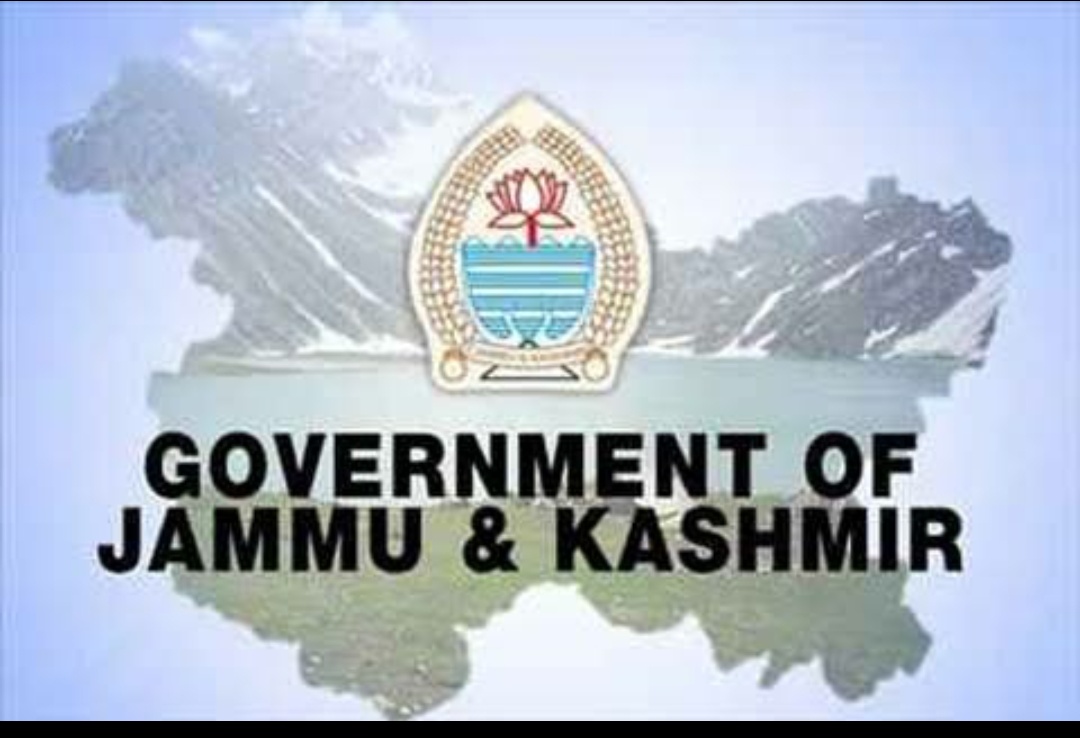Step taken as different agencies refrain from sharing info
*17 laws to be applicable under new framework
Mohinder Verma
JAMMU, Feb 1: Concerned over lack of synergy in inspections being carried out by various agencies, the Government of Union Territory of Jammu and Kashmir has for the first time introduced Central Inspection System for four departments and a total of 17 laws will be applicable under this framework.
Official sources told EXCELSIOR that for a proficient business environment, synergy in inspections of various agencies regulating business is necessary to ensure that all relevant risks are properly addressed during the inspection process.
However, it has been noticed that agencies of Union Territory of Jammu and Kashmir often carry out inspections in silos and refrain from sharing information with other departments.
To put an end to this practice, the Government has decided to implement Central Inspection System (integrated risk based shared inspection system) covering Department of Industries and Commerce, Department of Labour and Employment, J&K Pollution Control Board and Department of Food, Civil Supplies and Consumer Affairs.
Under the Central Inspection System, all the inspections prescribed under various Acts and Rules will be directly reported online by the Inspectorates to synchronize multiple inspections, sources said.
The guidelines which shall oversee the Central Inspection System have been notified by Manoj Kumar Dwivedi, Commissioner Secretary to the Government, Industries and Commerce Department.
As per the notification, the CIS online system will comprise of computerized list of units drawn from the Data Base of the Single Window Portal and the selection for inspection of an establishment would be done through computerized risk assessment and the risk levels will depend on sector and history of compliance etc.
“The list of industries to be inspected would be prepared in accordance with the set parameters based on which an inspection calendar will be prepared. Moreover, the compliance inspection will be executed by respective departments as per the schedule of inspection, allocation of Inspectors and subsequent intimations by the CIS online system”, the notification said.
The inspections will be strictly as per the relevant checklists except for complaint based inspections and the report will be uploaded on the CIS portal within 48 hours of the inspection. Moreover, same Inspector will not visit an establishment in two consecutive inspections and the users will be able to view and download the inspection reports of last three years.
The policy matters with reference to the Central Inspection System will be decided by the UT Level Planning Committee, which will advise, regulate and monitor the functioning of CIS. This committee will design and develop online inspection system for scheduling of inspections; establish framework for risk based inspections; allow third party certification instead of departmental inspection under all the Labour and Environment/Pollution Control Laws and under laws related to Consumer Affairs for low and medium risk industry; decide quarterly plan for inspection by various concerned departments etc.
The annual functioning of the Central Inspection System will be carried out by a Central Inspector Cell which will be headed by Director Industries and Commerce and each participating department will designate a Nodal Officer.
The Central Inspector Cell will build capacity of the Inspectors by introducing training to enhance skill; introduce cross training of the Inspectors for different inspection to optimize use of resources; develop modalities for conducting surprise inspections and monitor conduct of inspection reports etc.
The Pollution Control Board will carry out inspection of Red Category (High Risk) industries on quarterly and half yearly basis and of Orange Category once in a year. Similarly, the inspection of Green Category industries will be conducted once in a year and those Green Category industries exempted from inspection will be inspected only in case of public complaints, legal cases and other mandatory requirements.
Similarly, the Department of Labour and Employment will carry out inspection of highly hazardous factories once in six months, moderately hazardous once in six months and less hazardous once in a year. Likewise, inspection of factories involving mechanical and health hazards will be conducted once in a year.
As far as Food, Civil Supplies and Consumer Affairs Department is concerned, establishments dealing with non-automatic weighing instruments, dispensing units and automatic gravimetric filling instruments will be covered under CIS.
As per the notification, Payment of Wages Act; Payment of Gratuity Act; Payment of Bonus Act; Minimum Wages Act; Contract Labour (Regulation and Abolition) Act; Factories Act; Building and Other Construction Workers (Regulation of Employment and Condition of Service) Act; Equal Remuneration Act, Shops and Establishments Act; Environment (Protection) Act; Water (Prevention and Control of Pollution) Act; Air (Prevention and Control of Pollution) Act; J&K Non-Biodegradable Material (Management, Handling and Disposal) Act and Jammu and Kashmir Standards of Weights and Measures (Enforcement) Act are among the laws which are applicable under the Jammu and Kashmir Central Inspection Framework.


